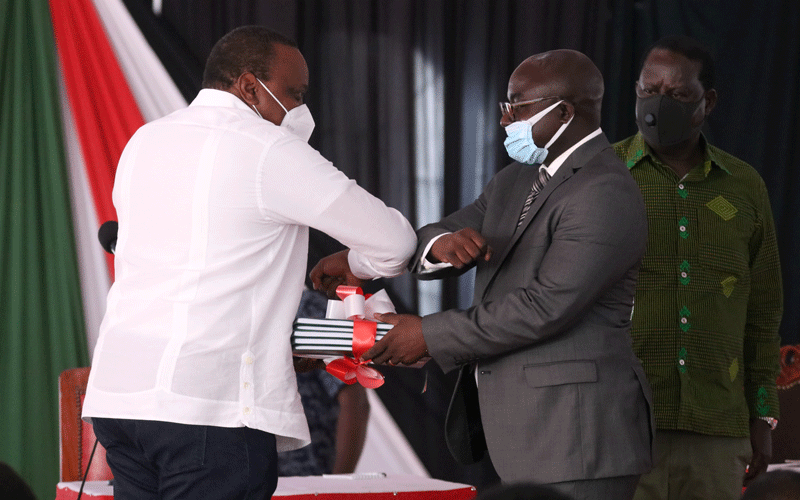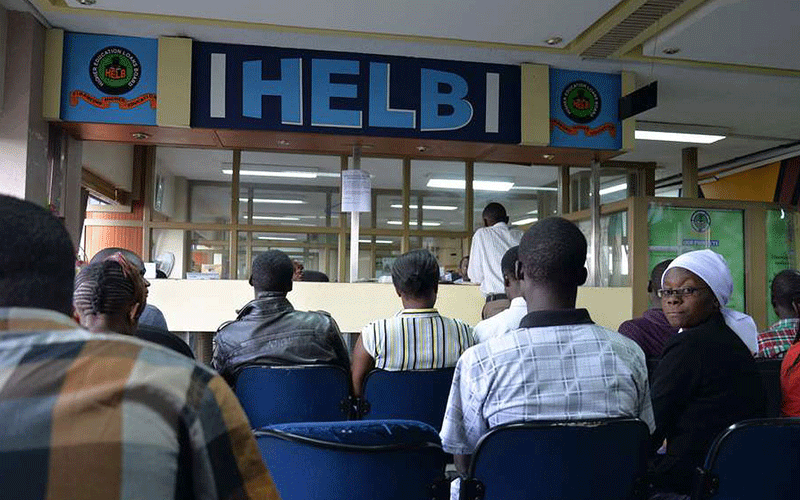How BBI seeks to cure Kenya’s flawed procurement processes

Government procurement entities will be required to adhere to strict regulations such as carrying out due diligence on bidders to lockout briefcase companies.
The amendments fronted in the Building Bridges Initiative (BBI) report aim at weeding out cases where companies with no track record of service delivery are awarded contracts they can’t meet.
“The amendments seek to lay out in considerable detail the duties of a procuring entity which includes undertaking due diligence on prospective bidders,” the document reads.
The country has lost billions of shilling to quack companies that are created days before the tender deadlines by corrupt senior government officials who seeking to enrich themselves by incorporating companies for the sole purpose of bagging targeted contracts.
The BBI report also seeks to amend the procurement Act 2015 to obligate accounting officers to ensure that procurement of goods, works and services of the public entity are done in accordance with and with strict adherence to the approved procurement plans.
To address cases where payment to bidders is delayed the proposal suggests that an amendment be made to ensure that money is available for prompt payments.
“For an accounting officer to procure goods or services without a procurement plan, or in disregard of that plan, amounts to an offence,” reads the Bill.
The proposal seeks to provide a system where payments for goods and services delivered will be settled promptly.
It is geared at removing cases where suppliers suffer constant delays in payments especially for goods delivered to government.
It will be mandatory that settlement of invoices for the goods and services supplied be made within 30 days after the invoice is dispatched.
The proposal seeks to deal with the issue of pending bills that became a critical, especially last year forcing contractors to default on paying employees and other bills.
Shutting down
The national and county governments have racked up pending in excess of Sh200 billion making suppliers unable to operate with small companies shutting down due to lack of operating capital.
In the private sector for instance, the Competition Authority of Kenya (CAK) earlier in the year started probing supermarkets over concerns they were not paying their suppliers in time.
However it would also be remembered that deliveries in payment could arise due to a difficult operating environment that makes business unable to promptly meet their bills as witnessed late last year.
If the BBI is passed, there will be established the Public Invoices Settlement Tribunal that will hear complaints from suppliers over delays by the procuring entities in settling payments.
For the sake of transparency, both the proceedings and conclusions of the Tribunal shall be open to the public with an exception of where the procurement of classified items are concerned.
The conclusions of the tribunal shall be enforced by the concerned procuring entity.
The tribunal may also make appropriate recommendations on necessary reforms to foster prompt payments.
The changes also require the Controller of Budget to undertake due diligence on the performance of an ongoing project and ensure that the remaining funds are only paid if the project meets the expected standards.













